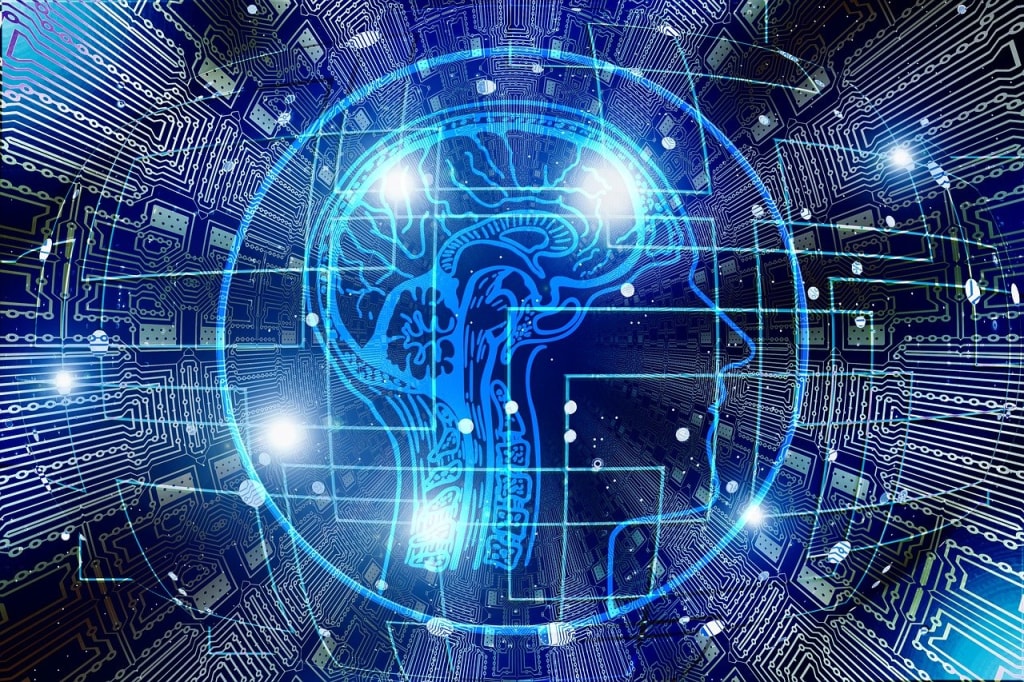Could quantum physics be the key to unlocking the mysteries of human behaviour?
Might quantum physical science at some point be the key that opens the privileged insights of human way of behaving?

Human way of behaving is a puzzle that interests numerous researchers. What's more, there has been a lot of conversation over the job of likelihood in making sense of how our brains work.
Likelihood is a numerical system intended to let us know how likely an occasion is to happen - and functions admirably for the vast majority regular circumstances. For instance, it depicts the result of a coin throw as ½ - or half - in light of the fact that tossing either heads or tails is similarly likely.
However research has demonstrated the way that human way of behaving can't be completely caught by these conventional or "traditional" laws of likelihood. Might it at some point rather be made sense of by the manner in which likelihood works in the more secretive universe of quantum mechanics?
Numerical likelihood is likewise an essential part of quantum mechanics, the part of material science that depicts how nature acts at the size of iotas or sub-nuclear particles. Nonetheless, as we'll see, in the quantum world, probabilities keep totally different guidelines.
Disclosures throughout recent many years have revealed insight into a urgent job for "quantumness" in human comprehension - how the human mind processes data to gain information or understanding. These discoveries likewise have expected ramifications for the improvement of man-made consciousness (artificial intelligence).
Human 'nonsensicalness'
Nobel laureate Daniel Kahnemann and other mental researchers have completed work on what they depict as the "madness" of human way of behaving. At the point when personal conduct standards don't rigorously observe the guidelines of traditional likelihood hypothesis according to a numerical viewpoint, they are considered "nonsensical".
For instance, an investigation discovered that a greater part of understudies who have finished a finish of-term test favor going on vacation a while later. In like manner, a greater part of the people who have bombed likewise need to go for a vacation.
On the off chance that an understudy doesn't have the foggiest idea about their outcome, old style likelihood would foresee that they would choose the occasion since it is the favored choice whether they have passed or fizzled. However in the trial, a greater part of understudies didn't like to go on vacation in the event that they didn't have the foggiest idea how they'd done.
Naturally, it's not hard to comprehend that understudies might not have any desire to go on vacation assuming they will be stressing over their test results the entire time. In any case, traditional likelihood doesn't precisely catch the way of behaving, so it is depicted as nonsensical. Numerous comparative infringement of traditional likelihood rules have been seen in mental science.
Quantum mind?
In traditional likelihood, when a grouping of inquiries is posed, then, at that point, the responses don't rely upon the request wherein the inquiries are presented. On the other hand, in quantum physical science, the solutions to a progression of inquiries can rely vitally upon the request wherein they are inquired.
One model is the estimation of the twist of an electron in two distinct headings. In the event that you first measure the twist in the flat heading and, in the upward course, you will obtain one result.
The results will commonly be different when the request is switched, in view of a notable component of quantum mechanics. Basically estimating a property of a quantum framework can influence what's being estimated (for this situation an electron's twist) and thus the result of any ensuing examinations.
Request reliance can likewise be found in human way of behaving. For instance, in a review distributed a long time back about the impacts that question request has on respondents' responses, subjects were found out if they thought the past US president, Bill Clinton, told the truth. They were then inquired as to whether his VP, Al Violence, appeared to tell the truth.
At the point when the inquiries were conveyed in a specific order, a particular half and 60% of respondents addressed that they told the truth. In any case, when the scientists got some information about Violence first and afterward Clinton, a separate 68% and 60% answered that they told the truth.
On a regular level, it could appear to be that human way of behaving isn't predictable on the grounds that it frequently disregards the principles of traditional likelihood hypothesis. In any case, this conduct seems to fit with the manner in which likelihood works in quantum mechanics.
Perceptions of this sort have driven mental researcher Jerome Busemeyer and numerous others to perceive that quantum mechanics would be able, all in all, make sense of human conduct in a more reliable manner.
In view of this surprising speculation, another exploration field called "quantum comprehension" has emerged inside the area of mental sciences.
How conceivable manners of thinking are directed by quantum rules? Is our mind working like a quantum PC? Nobody yet knows the responses, yet the exact information unequivocally seems to propose that our considerations observe quantum guidelines.
Dynamic way of behaving
In lined up with these thrilling turns of events, throughout the course of recent many years my colleagues and I have fostered a structure for demonstrating - or reenacting - the elements of individuals' mental way of behaving as they digest "boisterous" (that is, blemished) data from the rest of the world.
We again found that numerical strategies created for displaying the quantum world could be applied to demonstrating how the human cerebrum processes loud information.
These standards can be applied to other conduct in science, past the mind. Green plants, for instance, have the wonderful capacity to separate and dissect substance and other data from their surroundings and to adjust to changes.
My good guess, in view of a new examination on normal bean plants, proposes that they can deal with this outside data more productively than the best PC we have today.
In this unique situation, productivity implies that the plant is reliably ready to lessen the vulnerability about its outside climate furthest degree conceivable in its conditions. This could, for instance, include effectively distinguishing the heading that light is coming from, so the plant can develop towards it. The proficient handling of data by a living being is likewise connected to saving energy, which is significant for its endurance.
Comparable guidelines might apply to the human cerebrum, especially to how our perspective changes while distinguishing outside signals. This is all significant for the ongoing direction of mechanical turn of events. Assuming our way of behaving is best depicted by the manner in which likelihood works in quantum mechanics, then to precisely repeat human conduct in machines, computer based intelligence frameworks ought to presumably observe quantum guidelines, not old style ones.
I've called this thought fake quantum insight (AQI). A lot of examination is expected to foster functional applications from such a thought.
However, an AQI could assist with getting us to the objective of computer based intelligence frameworks that act more like a genuine individual.





Comments
There are no comments for this story
Be the first to respond and start the conversation.